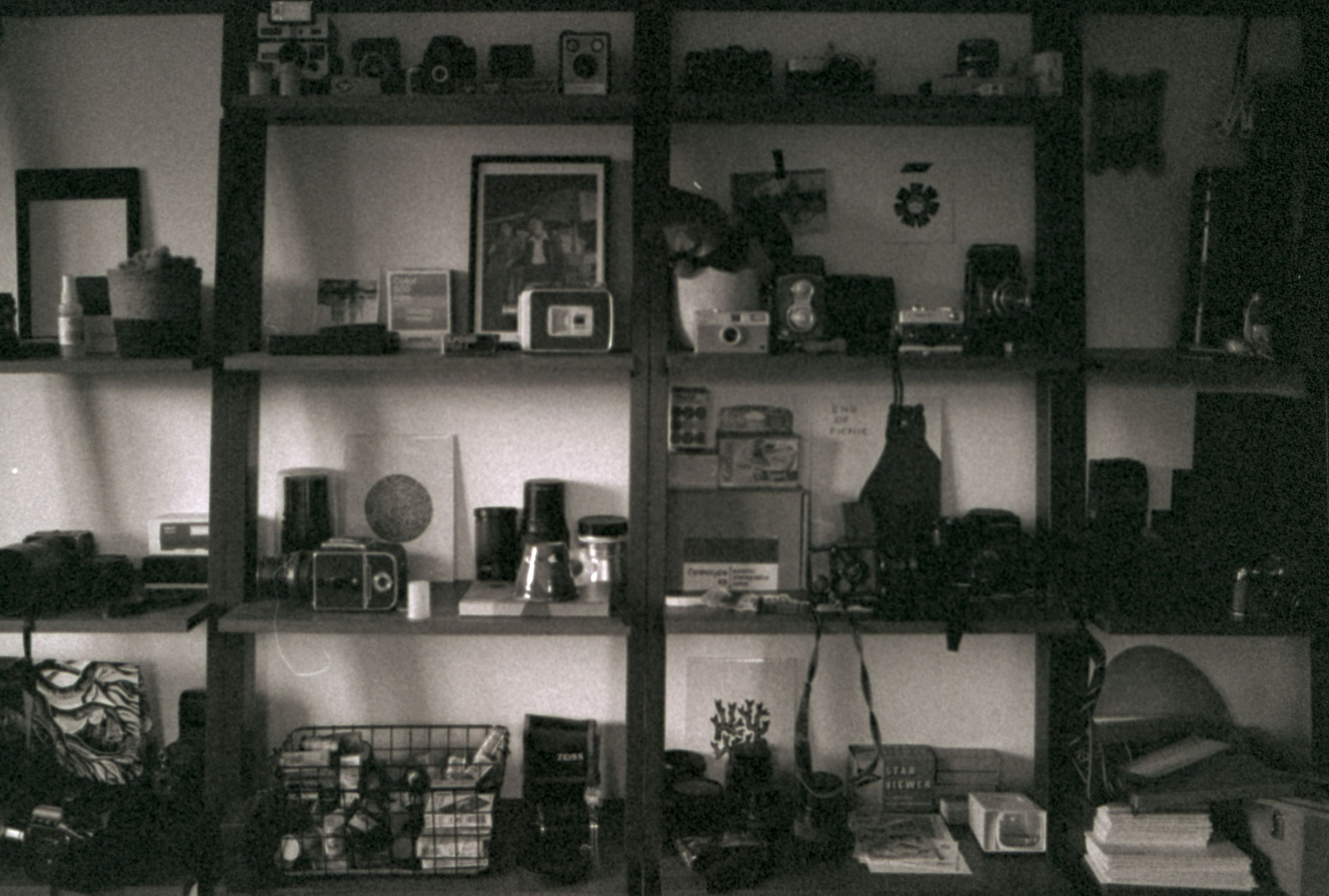My uncle used to say every house keeps one object longer than it should. For some families it’s a broken chair, for others it’s a cracked plate. For us, it was an old silver radio.
It sat in the corner of our living room for as long as I can remember, with the antenna always bent and the knobs kind of faded from everyone turning them too much. By the time I was ten, it barely worked. You had to slap it twice on the side before any station came in. Sometimes it caught the news, sometimes a preacher’s voice, sometimes just static that sounded like the sea.
When my father was alive, he never let us throw it out. “It still speaks,” he would say. “As long as it speaks, it stays,” he would say. I never really got why he cared that much, since he wasn’t even the kind who listened to music anyway.
One evening, after dinner, I asked him.
“Papa, why do you keep that old thing? We could buy a new radio.”
He smiled, not looking at me but at the radio. “Your grandfather gave it to me when I left the village. He said, ‘Wherever you go, you’ll hear home.’”
I didn’t believe him. My cousin swore he once overheard Papa saying he bought it secondhand in Lagos. Maybe both are true. Or maybe neither. Adults love telling stories that change depending on who’s listening.
When Papa died, the radio stayed exactly where it had always been. My mother never touched it except to dust around it.
Years passed. One day, during a power outage, my younger brother plugged in a set of batteries. To everyone’s surprise, the radio came alive, loud and clear, playing a highlife song. We all stopped what we were doing and just listened. My mother sat down, tears rolling down her face.
“This was his favorite,” she whispered. But that wasn’t true. I remember distinctly that Papa hated highlife. He preferred quiet evenings, maybe an old football commentary. I didn’t correct her, though. Some lies are softer than truth.
The real turning point came when we decided to sell the house. By then, the radio hadn’t worked in months. My brother said it was junk. My sister said it belonged in a museum. I wasn’t sure.
We gathered one Saturday to clear things out. The air was full of dust, and it felt like memories were stuck everywhere. My brother lifted the radio and said, “Finally, let’s get rid of this.”
“No,” my sister snapped. “It’s part of the house.”
“It’s dead.”
“It’s not dead, it’s history.”
They went back and forth until my mother interrupted, with her voice sharper than I’d heard in years. “Nobody throws it away. Not yet.”
We all went silent.
Later that day, I sat alone with the radio. The knobs felt smoother than I remembered, polished by years of hands. I turned it, expecting silence. But faintly, almost like a ghost, a station came through. A man reading the news in Hausa. Clear for a second, then gone.
It startled me so much I nearly dropped it. I shouted for my siblings, but by the time they came, it was only static.
“Hallucination,” my brother said.
“Wishful thinking,” my sister added.
But I know what I heard. Or at least, I think I do.
We never agreed what to do with it. In the end, when we left the house, my mother placed the radio in the back seat of her car as though it were a passenger. She said, “Wherever I go, it goes.”
That was two years ago.
Last week, I visited her. The radio was still there, now sitting on her kitchen counter. It doesn’t work anymore, not even static. But she insists sometimes, late at night, it hums softly.
I wanted to argue. To tell her maybe it’s just the fridge or her imagination. But then again, I was the one who once heard it speak when nobody else did.
So instead I just said, “Maybe Papa was right. Maybe it still speaks.”
She smiled, not at me, but at the radio.
That’s the thing about objects. We give them voices, even when they’ve long gone silent. Maybe the radio never carried my grandfather’s blessing, maybe it wasn’t Papa’s favorite thing, maybe it didn’t hum last week. But in our family, it became the thing that refused to die, the memory that stayed even when everything else was sold or left behind.
